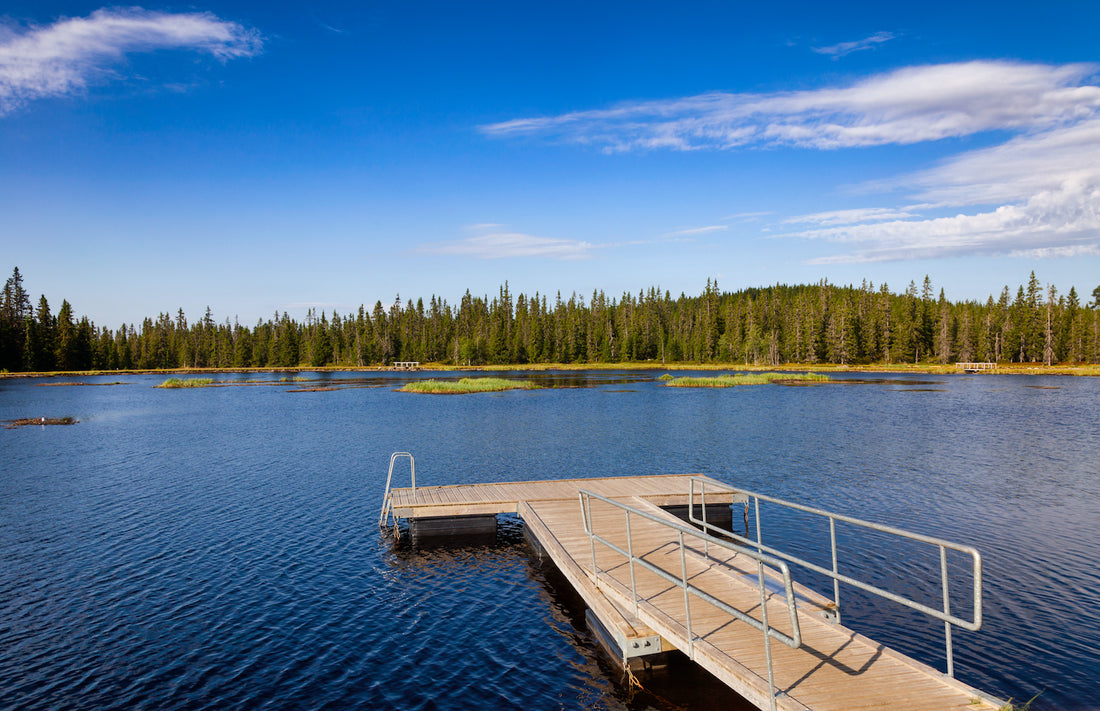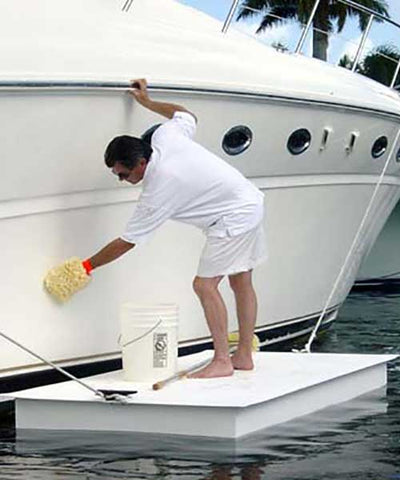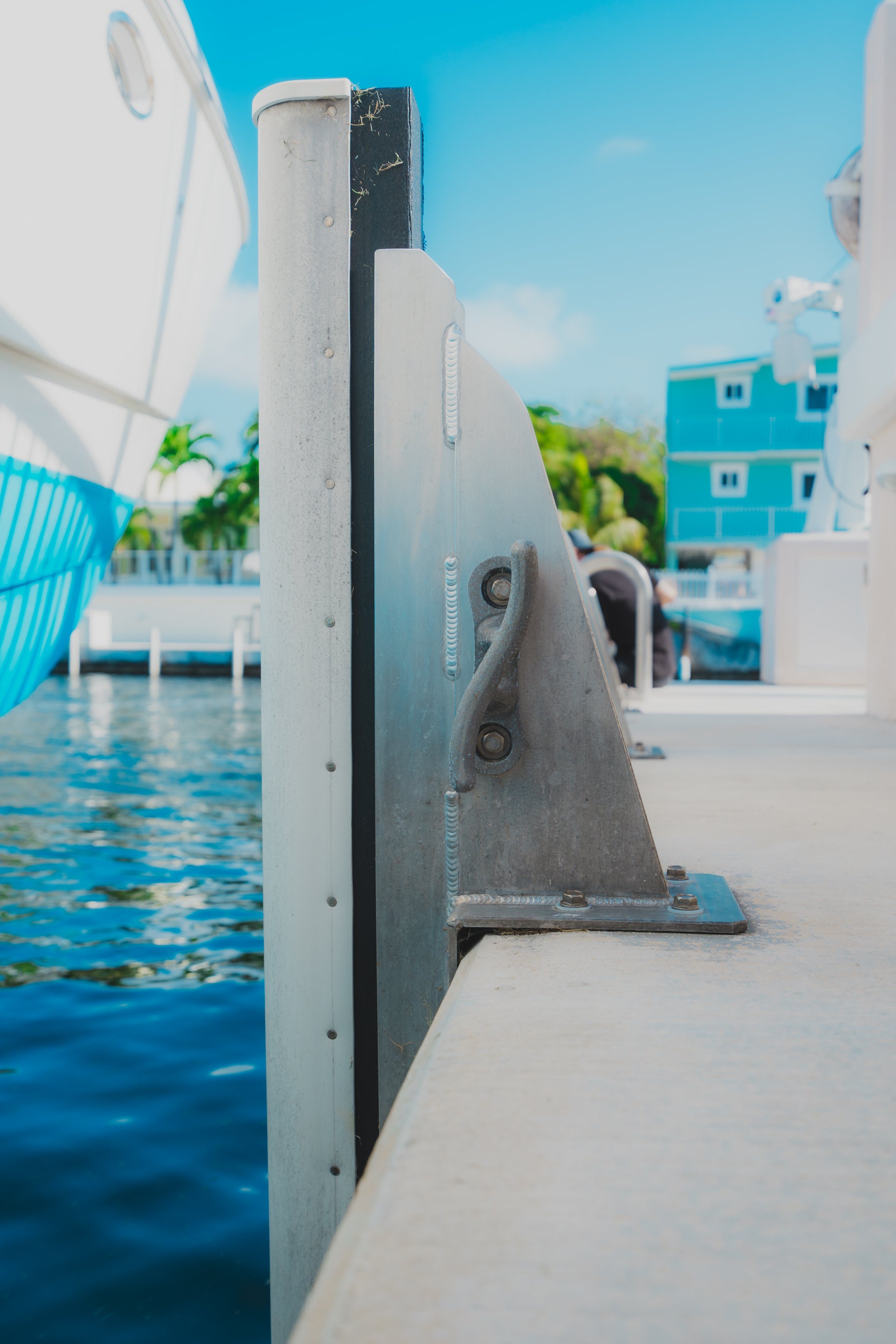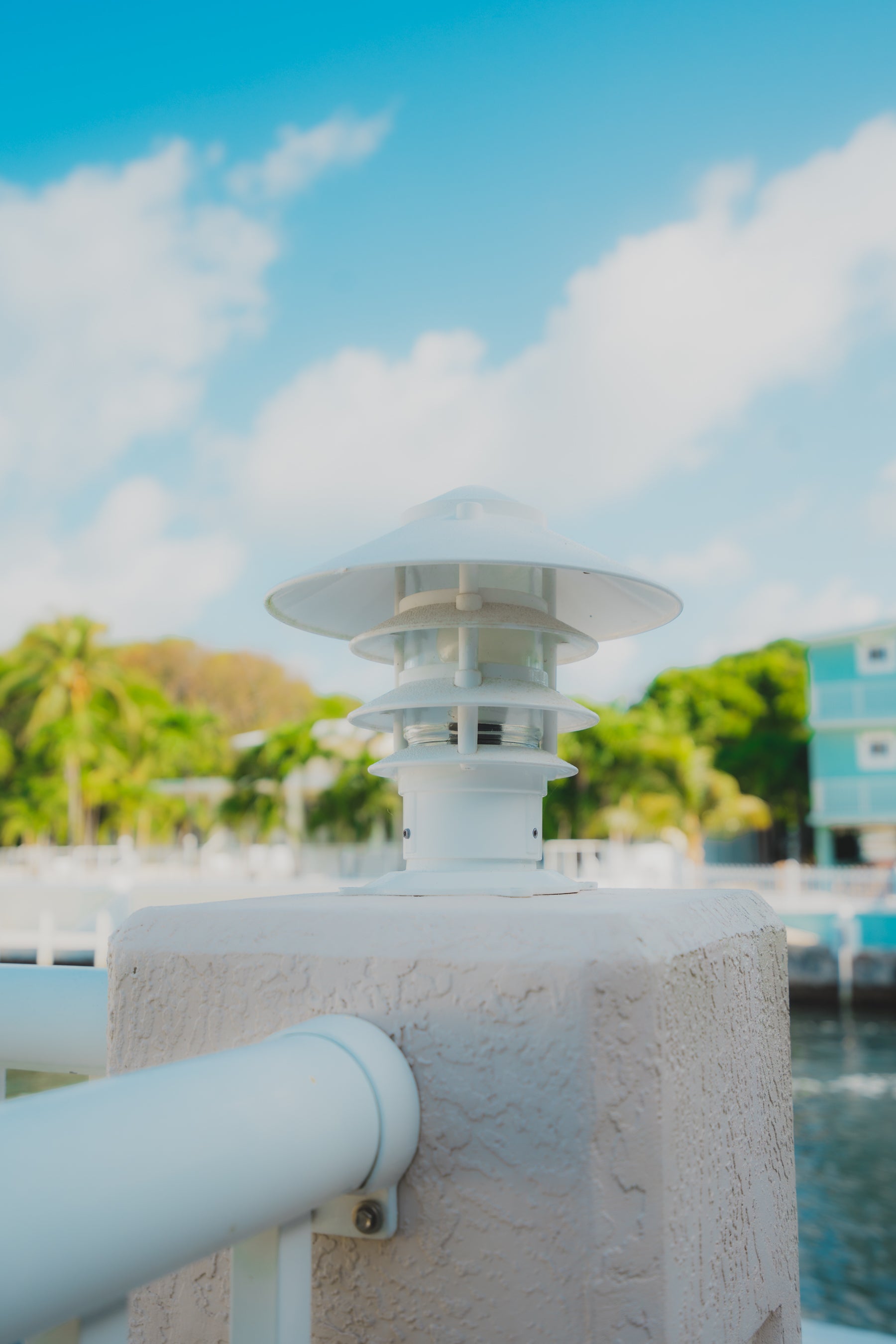
3 Types of Floating Docks (And How to Choose One)
Share
Having a dock on your waterfront property is more fun when you have friends and family. Dock sections offer convenient access to the water, saving you a lot of trouble when you take out the boat. If you ever decide to sell the property, you might attract more buyers and fetch a higher price when you have a private dock installed.
The type of dock you install will depend on how you plan to use it. Some more considerations include the materials used in construction and the dock dimensions. We will evaluate the types of floating docks to help you figure out which one would fit your needs.
Floating Docks vs. Fixed Docks
Fixed docks are designed to be left in the water permanently. Pilings are driven into the bottom of the shallow water and reinforced to bear the structure's weight. Because fixed docks can't be adjusted for height, you should install them where the water level is consistent.
Floating docks are a relatively inexpensive decking option that can be moved or removed conveniently. They're often recommended for deep bodies of water that experience tidal changes. These docks are loved for their versatility, and there are various types to meet your needs.
Boat Docking
Tying up your boat the wrong way can cause structural damage to the deck and even the vessel. Luckily, your boat will never go under the decking in a floating dock system. To tie it up correctly, you need to consider the rising and falling water levels, especially the distance it travels.
Many people worry that they'll wake up to find their boats underwater if they anchor them to a floating deck. But floating docks are stronger than you may think, and they can hold just about any boat. Besides, they're the easiest to tie up to and leave you with the least worries because the dock already accounts for tidal changes.
Types of Floating Docks
There are different types of docks made with varying materials. And they're suited for different budgets and environments. Floating boat docks are not recommended for rough waters because it tends to destroy them.
Because floating docks aren't supported by pilings like permanent docks, they have to be built with quality material to make them feel stable on the water. Luckily, you won't have to worry about quality issues when you choose Haven Dock & Marine. Our floating docks are built to high standards, giving you peace of mind and versatile configuration options.
1. Aluminum Floating Docks
Aluminum is one of the most versatile construction materials, thanks to its lightweight structure. Plus, it allows the floating boat docks to be styled into different shapes. Even though they are light, aluminum frames are robust enough to endure boat and storm impacts better than plastic materials.
By using a low profile aluminum track frame, the decks make it easy to insert or remove decking panels. But if you're going to DIY, ensure that you do it right to avoid expensive repairs. For unique sites, you may go for a customized dock system.
2. Wooden Floating Docks
A wooden dock guarantees the style and functionality of permanent docks but with more flexibility. The frames are usually made with treated wood and joined with galvanized steel or stainless steel. A polished wood finish leaves you with a timeless beauty that will last for years.
When you opt for a wooden structure, you have to be up to speed with regular maintenance to prevent costly repairs. Wooden docks can be customized to fit the mooring requirements of your watercraft or to follow the lay of the bodies of water.
3. Composite / Synthetic Floating Docks
Many homeowners lack the time and patience required to maintain a wooden dock. Composite docks may be preferable for their fair density, low maintenance, and durability. They are also eco-friendly because of the use of recycled wood and plastics. Because it's a manufactured product, composite decking offers more color options than wood finish.
Benefits of a Floating Dock
Perhaps the most practical benefit of a floating dock is that it doesn't interfere with the seabed. Because it rests on the water's surface, it handles well in environments where water levels keep changing. Other reasons why you'd want to install them on your waterway include:
- Expansion ability: Joining floating docks to stationary docks at marinas expands the boat-handling capacity.
- Versatility: The docks can be repositioned, removed, or redesigned to meet changing needs.
- Storm resistance: A dock system that floats offers more resistance against battering storms and submersion by rising water levels.
- Quick installation: Homeowners will find it easy to install the docks by themselves, and contractors will do it much quicker if you're short on time.
- Boat protection: Because floating docks acclimatize to stormy conditions, they protect your boat from submersion and being hit against the pilings.
- Affordability: Those docks cost less to install and require fewer dock accessories than other dock options.
How to Choose the Best Dock
A rule of thumb when choosing a docking solution is to pause and assess your needs. Your boating requirements should guide your choices when evaluating different types of docks. For instance, a floating dock ensures that your kayak is always anchored above the water level.
Environmental conditions will also influence your choices. For example, it won't matter whether you like pipe docks if the waters are extremely deep and the bottom is soft and muddy. Heavy storms, changing water levels, and budgets will also affect your decisions.

Explore Our Selection of Floating Dock Products
Always choose to go with quality construction materials when you opt for a floating dock. Nothing is more comforting than having fun on your dock without the fear of tumbling down or destruction to your boat. Let us help you build a floating dock that will last for years—visit our online store to view our selection of floating dock products, including Permafloat Dock Flotations and AccuDock Work Floats.
Not sure where to start? For advice on which type of floating dock would work best for your setup, contact our expert team today for feedback. If you are in need of any dock accessories or equipment for installing your type of floating dock, find your nearest Haven Dock & Marine dealer today to get started.



